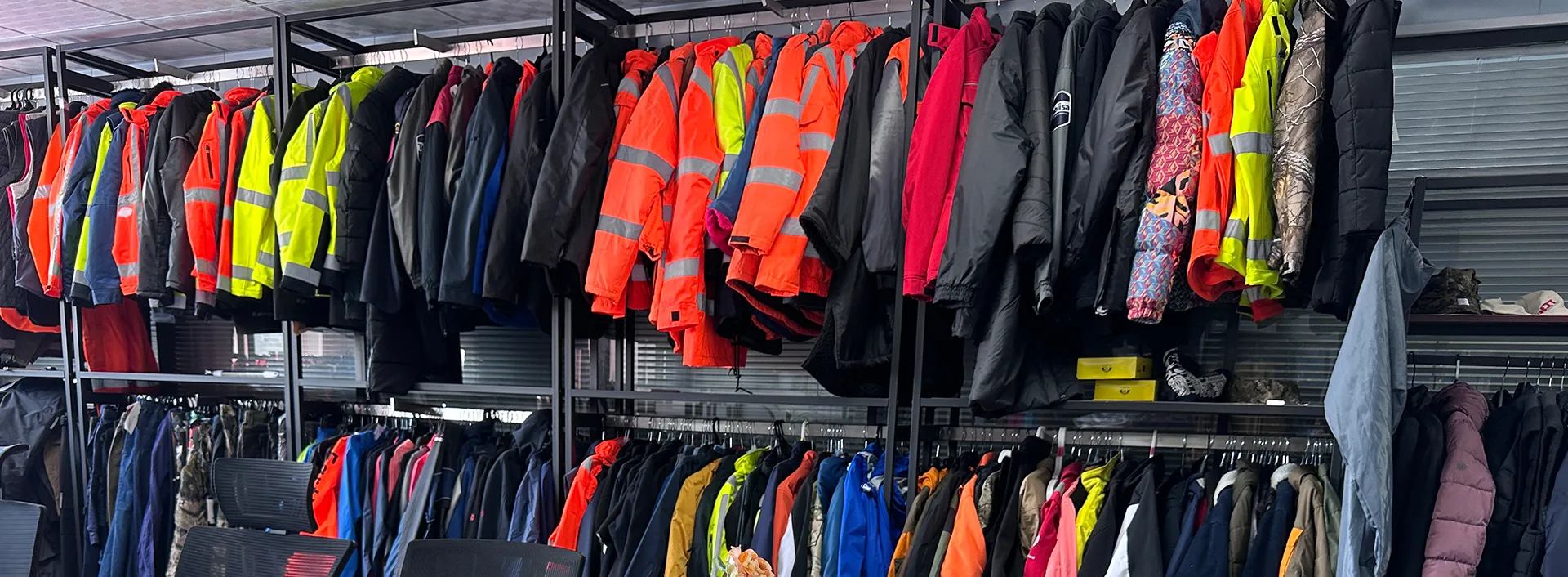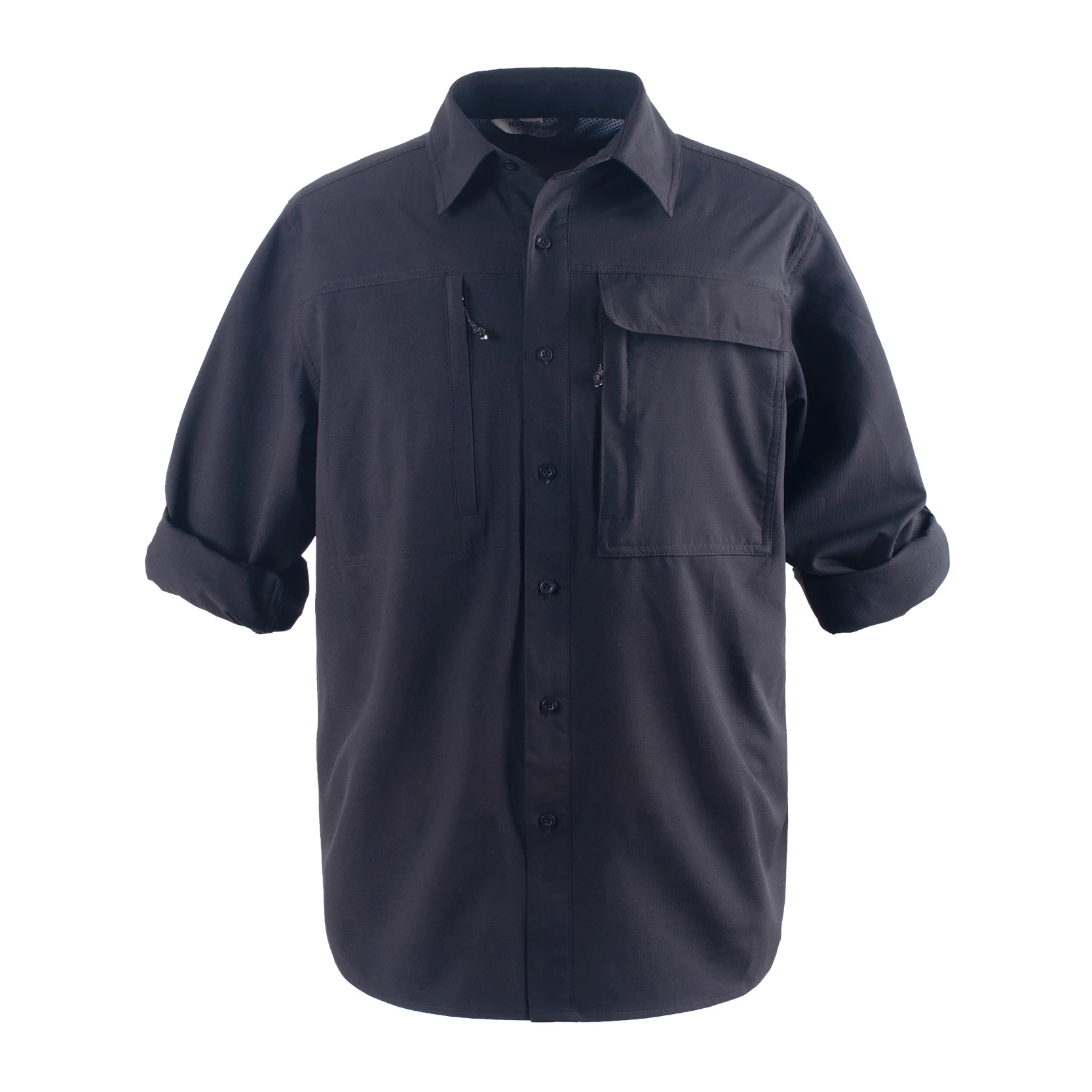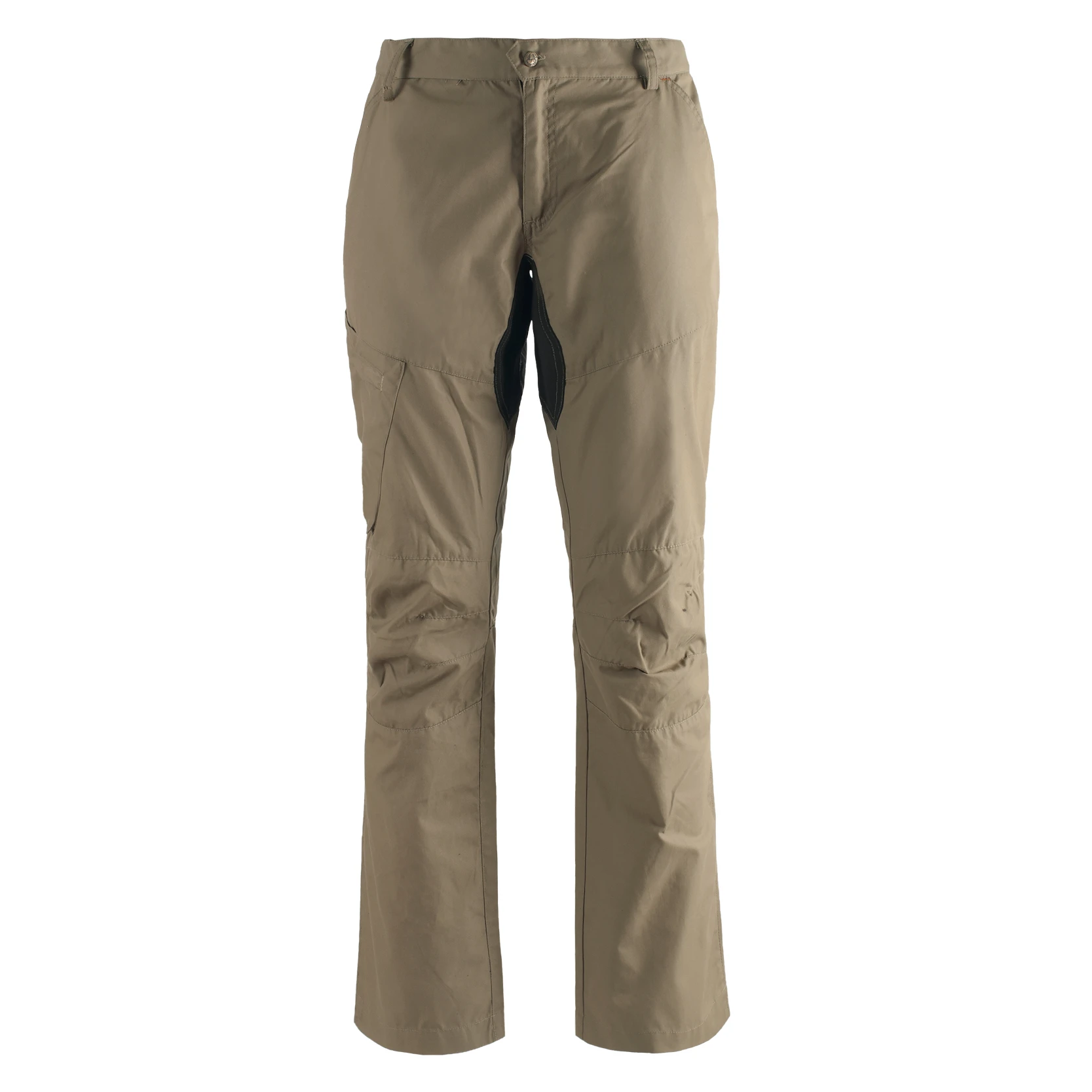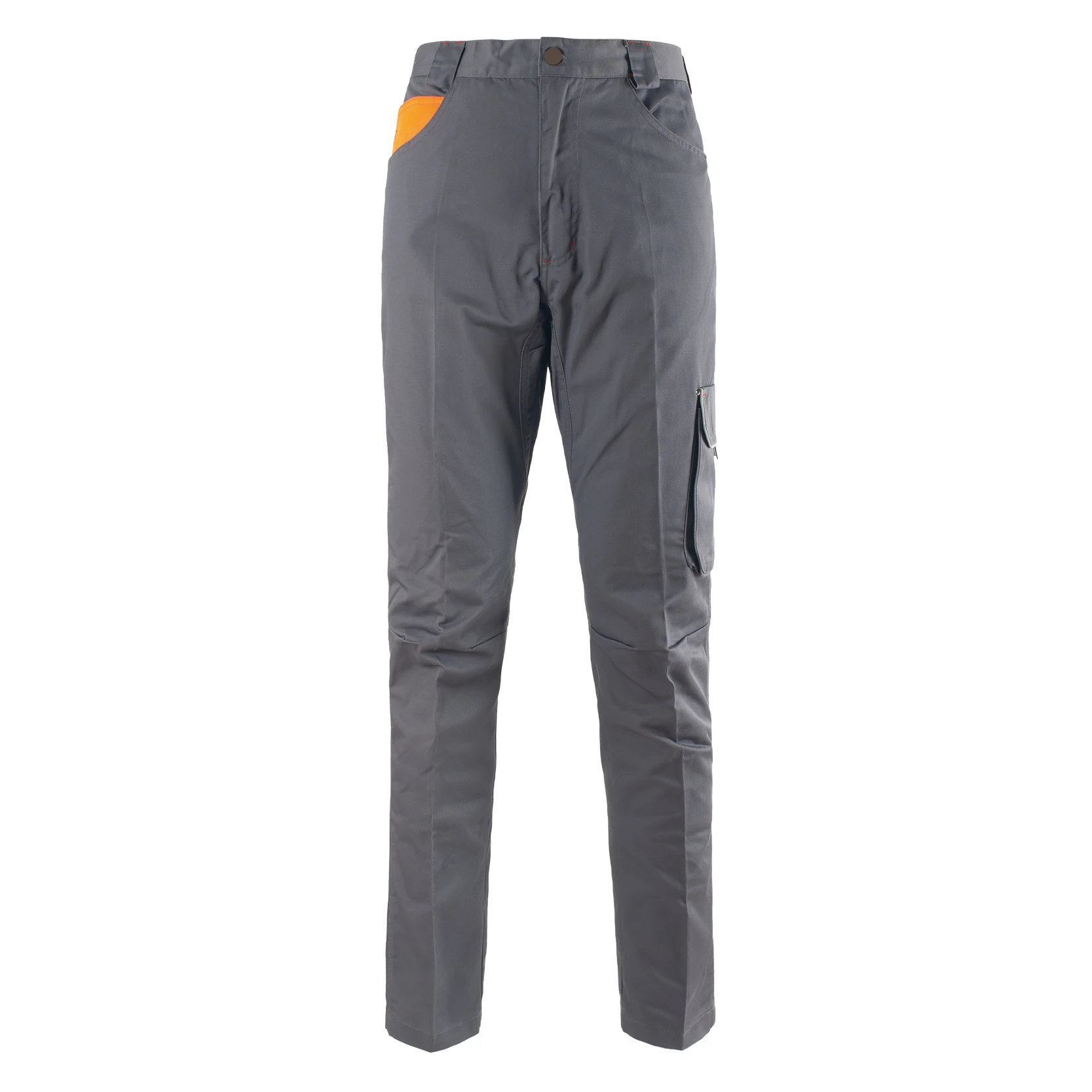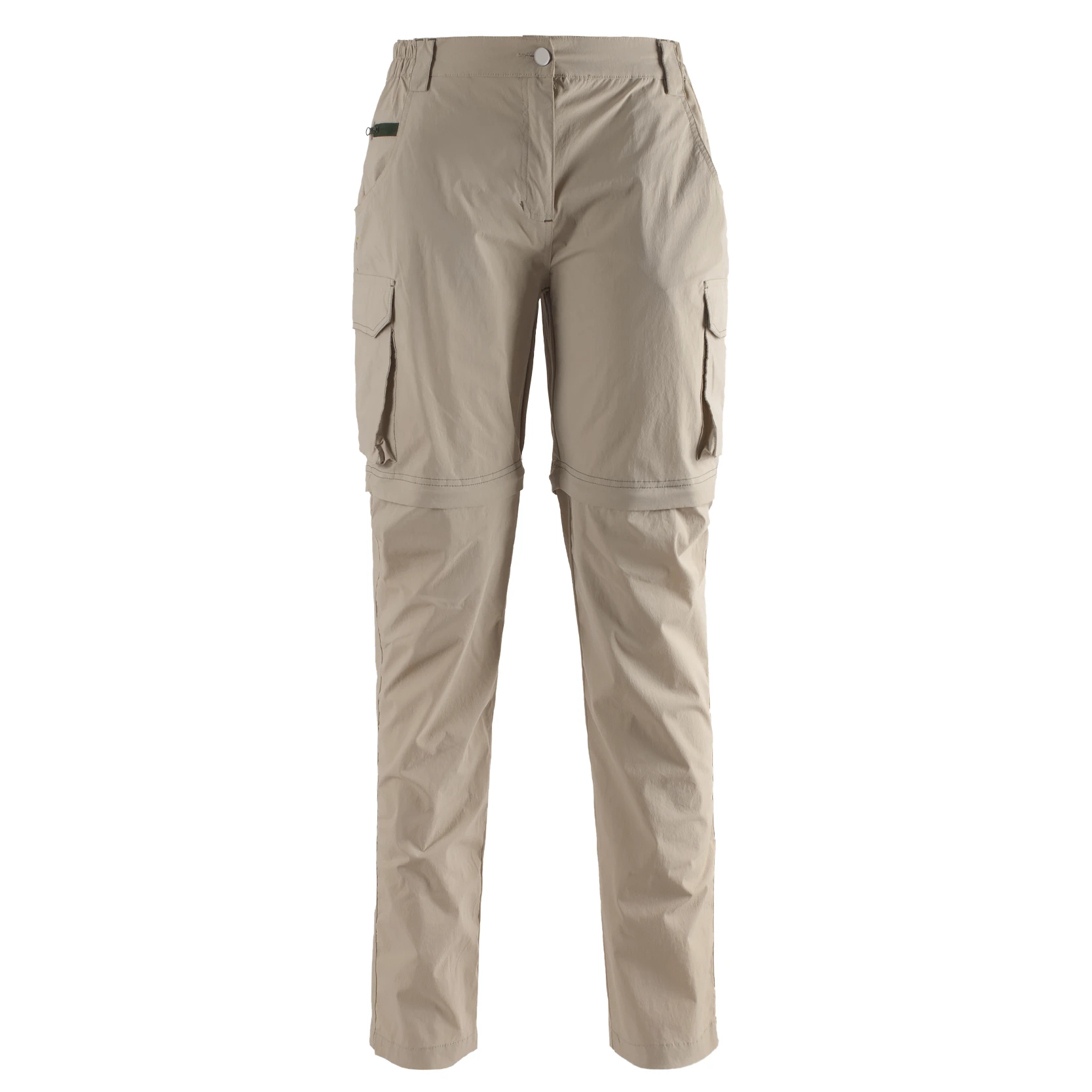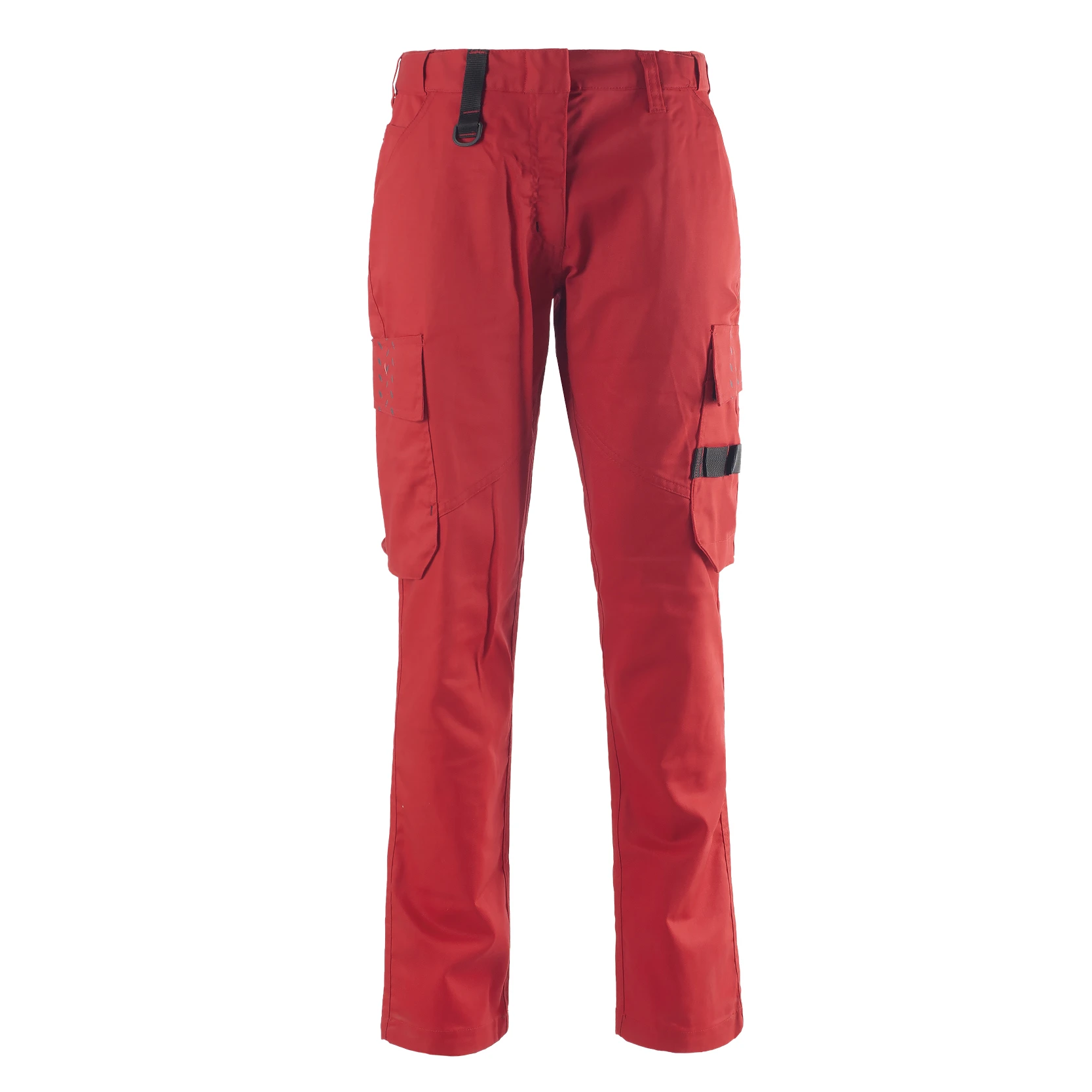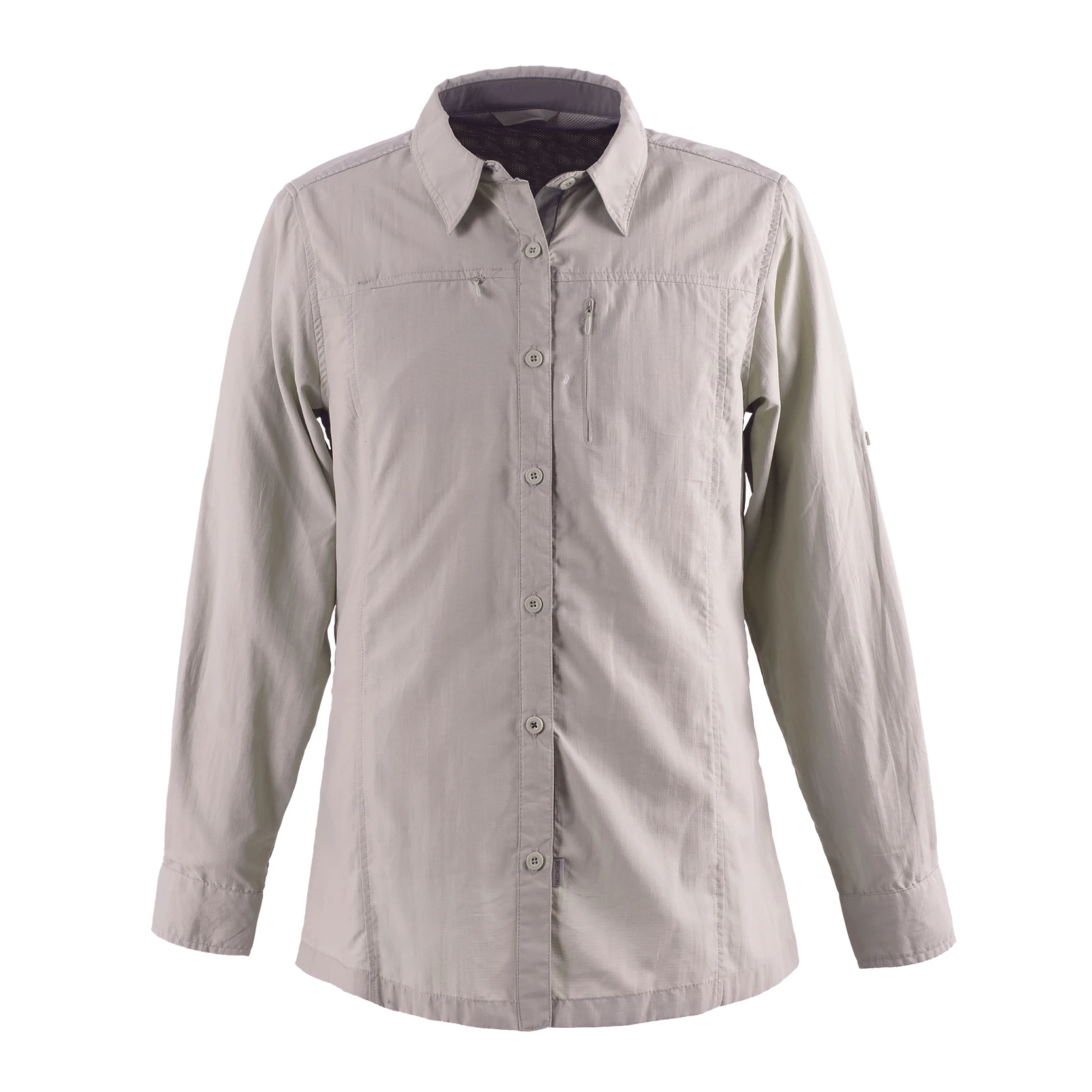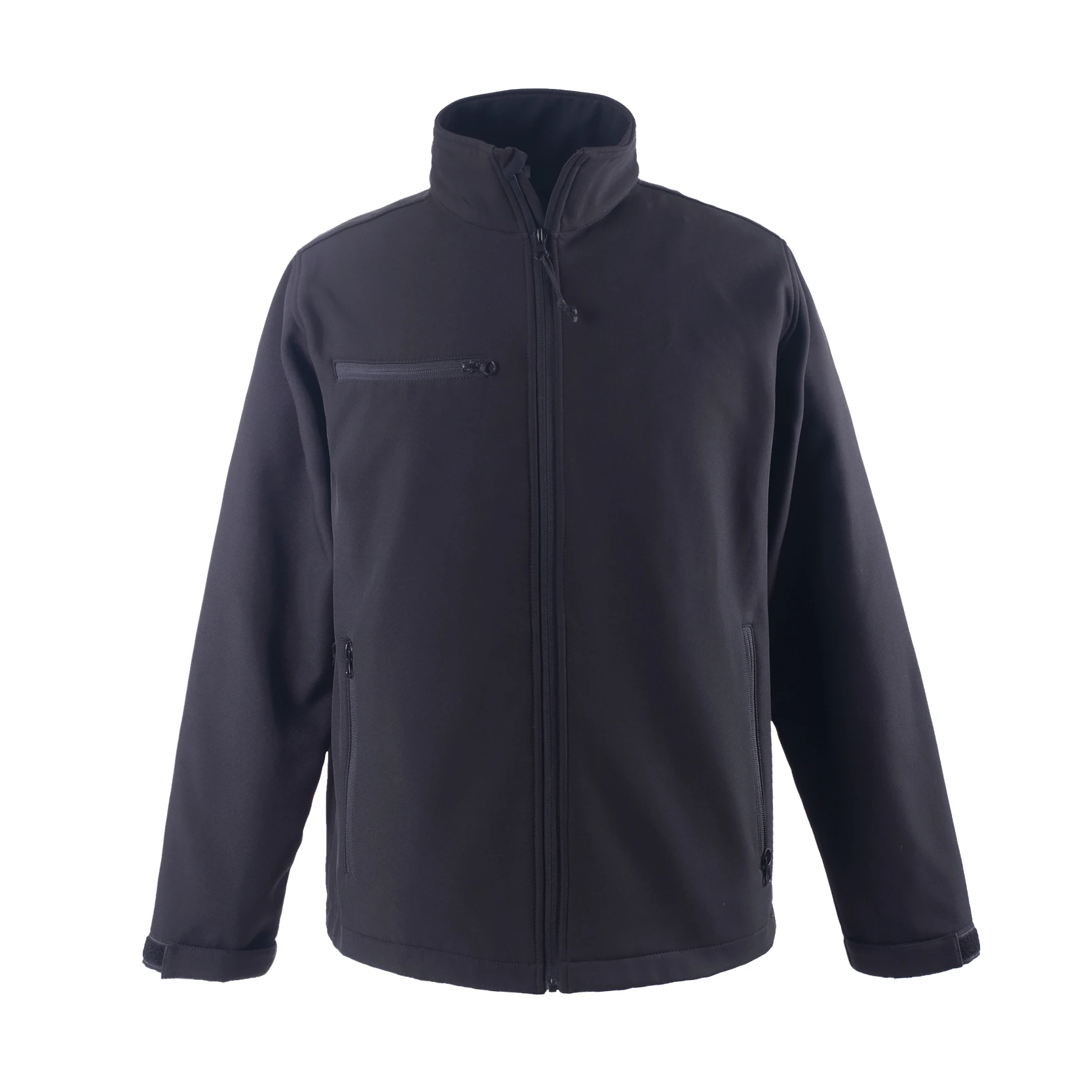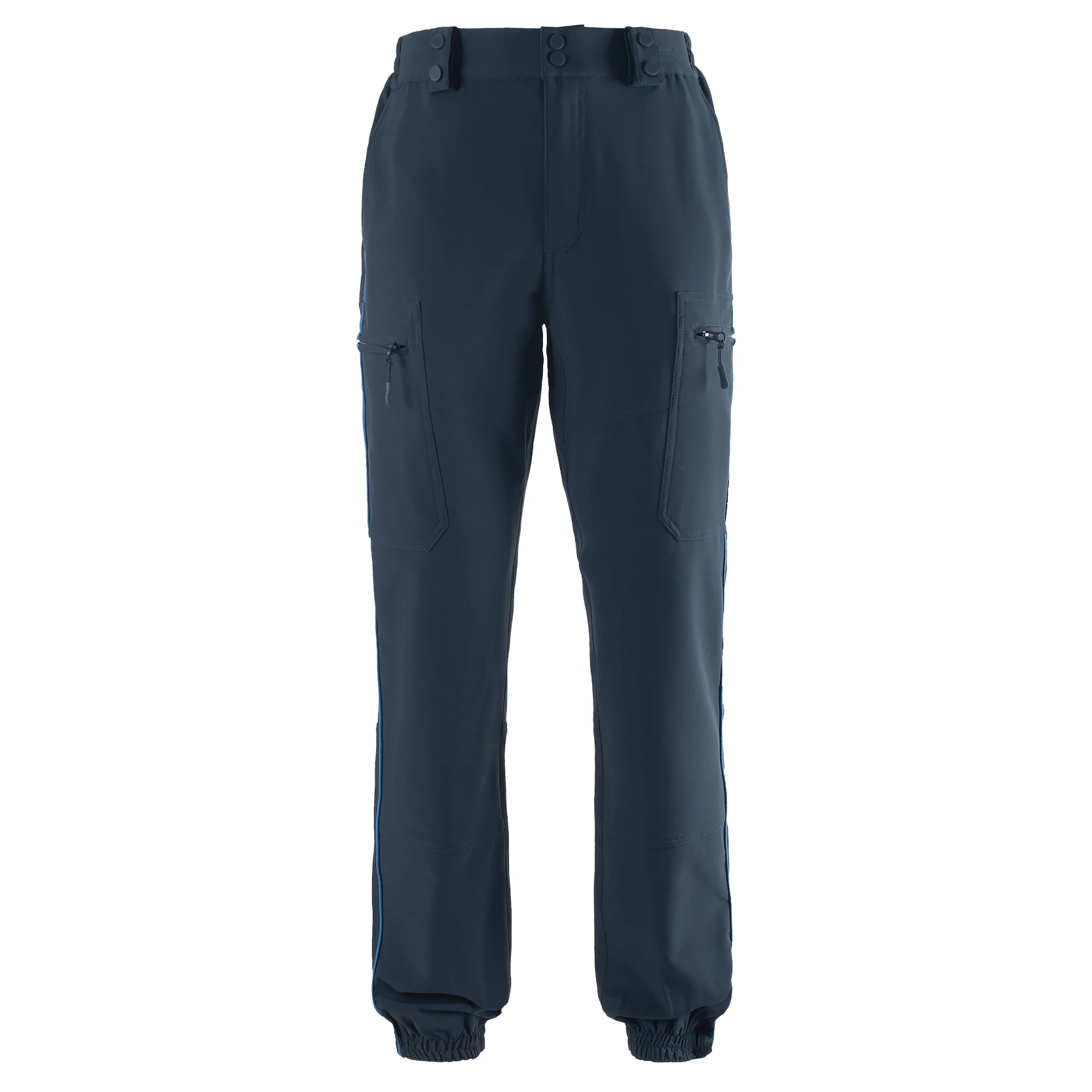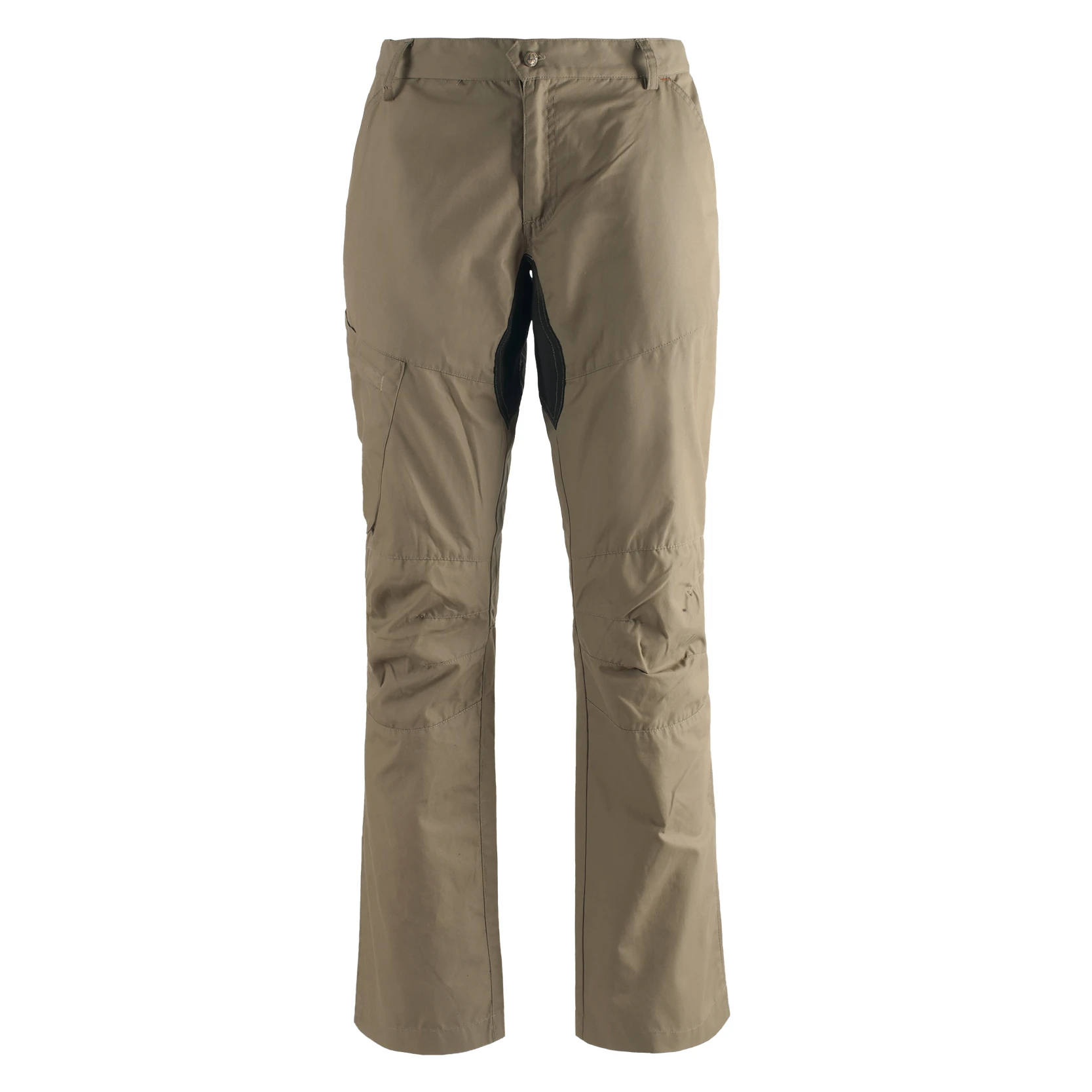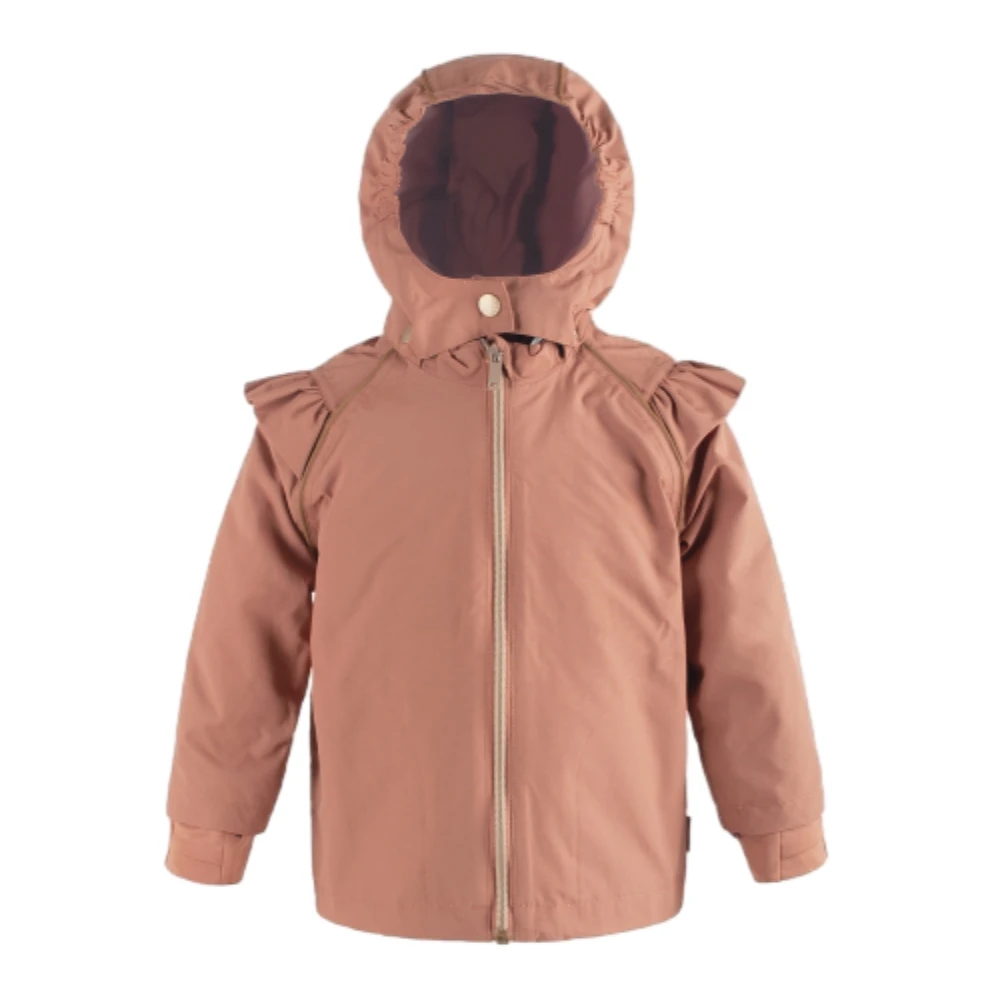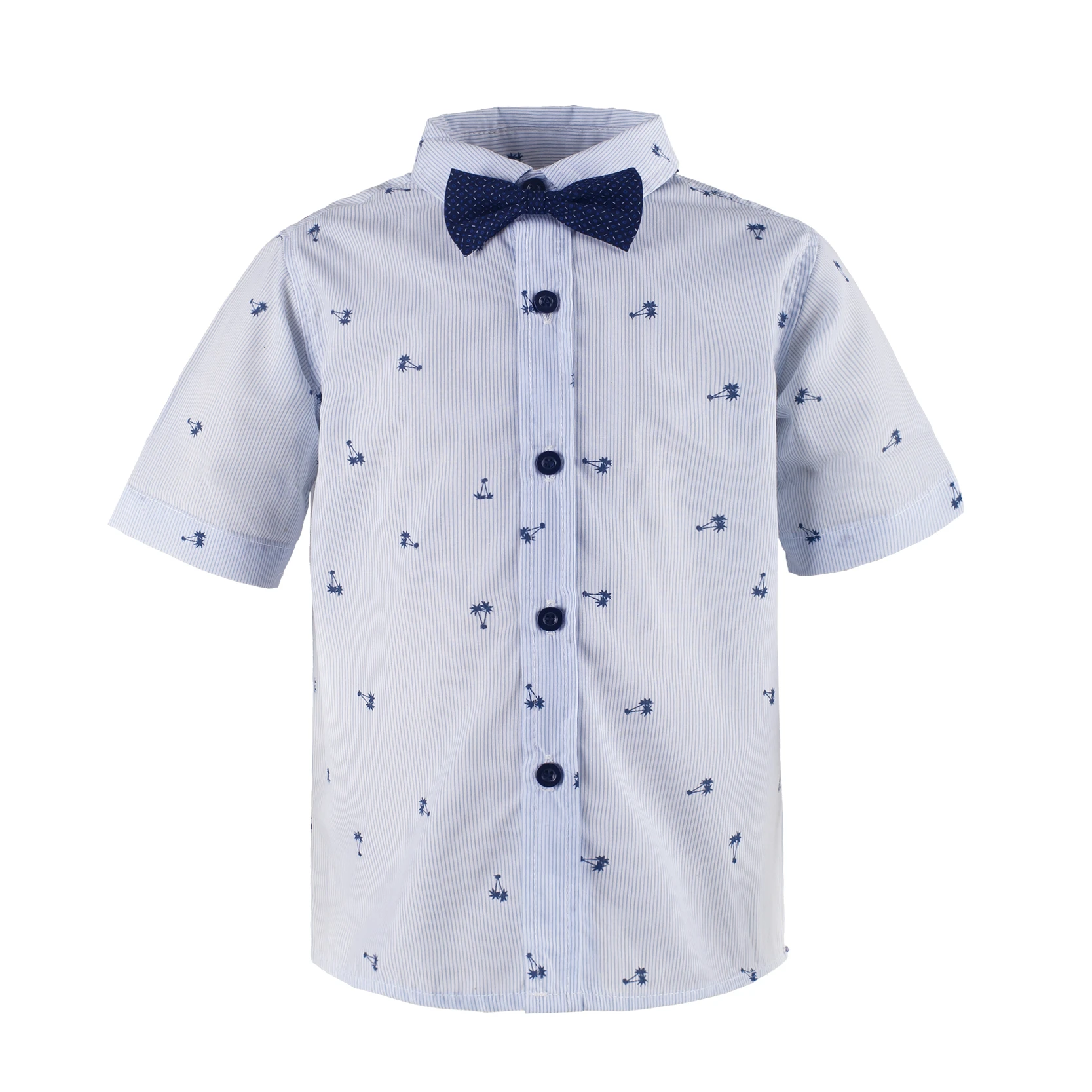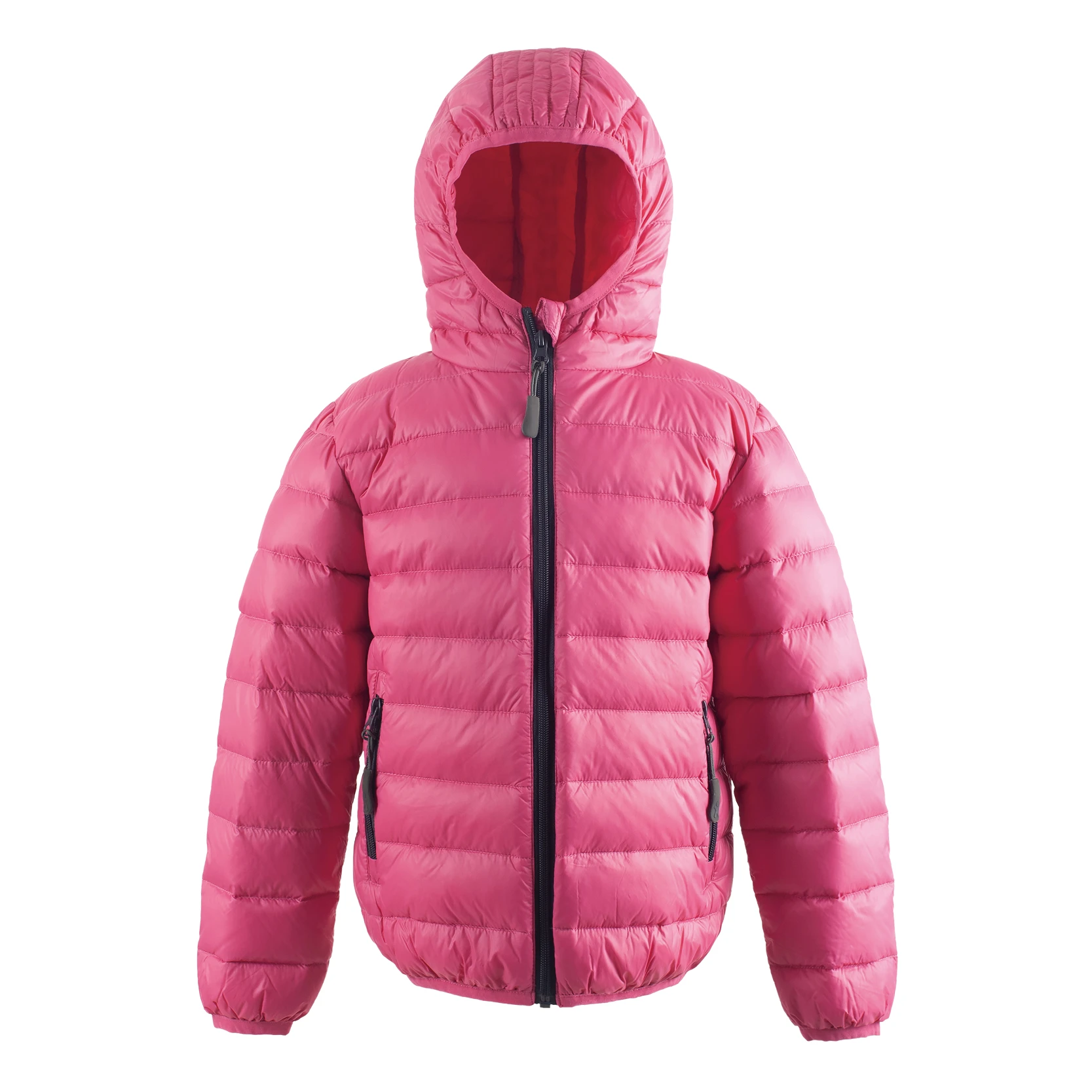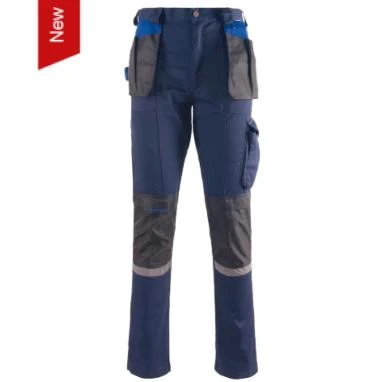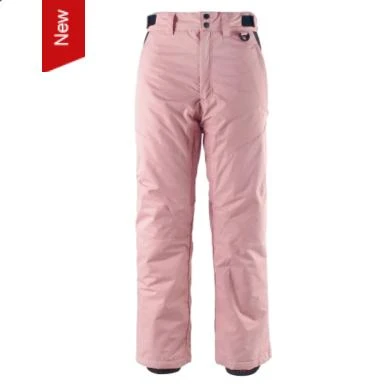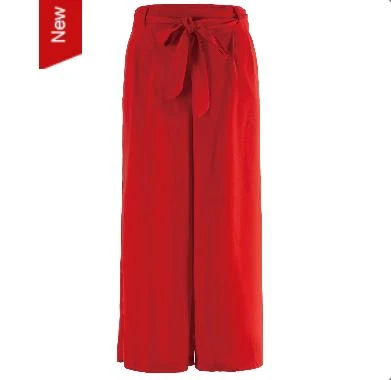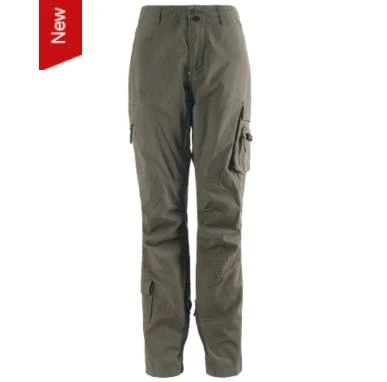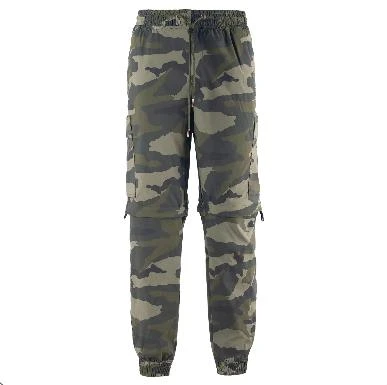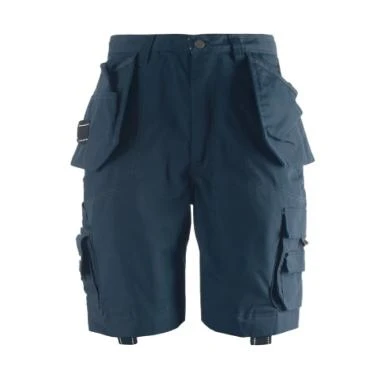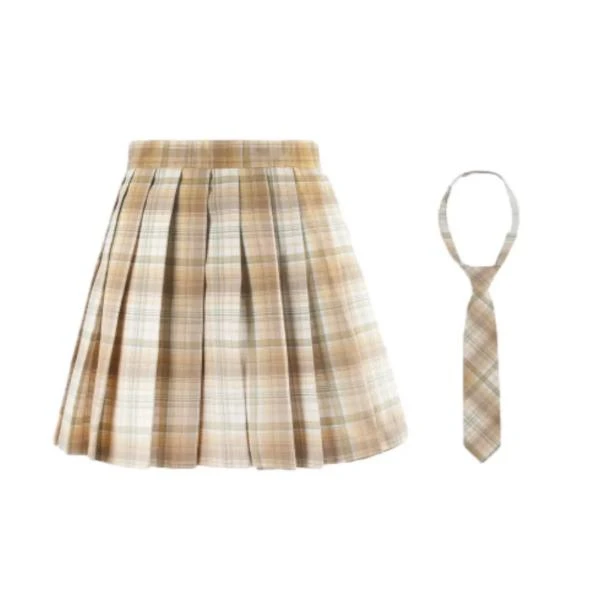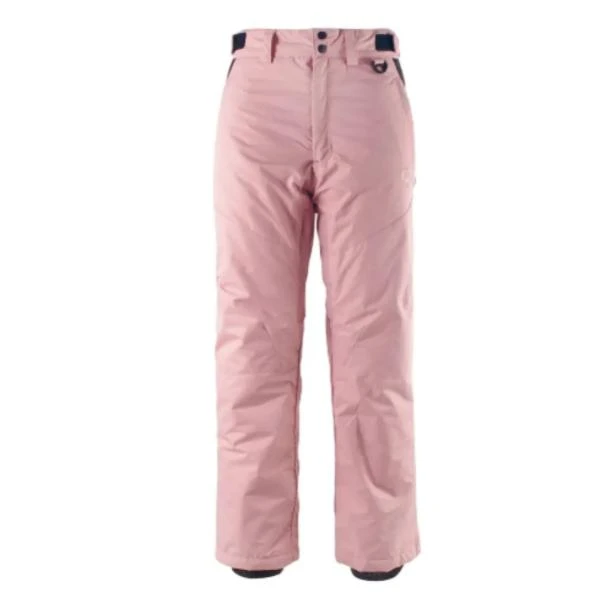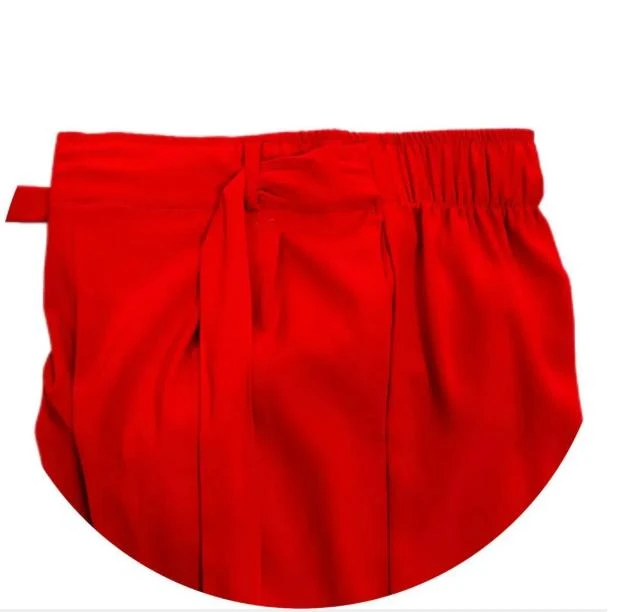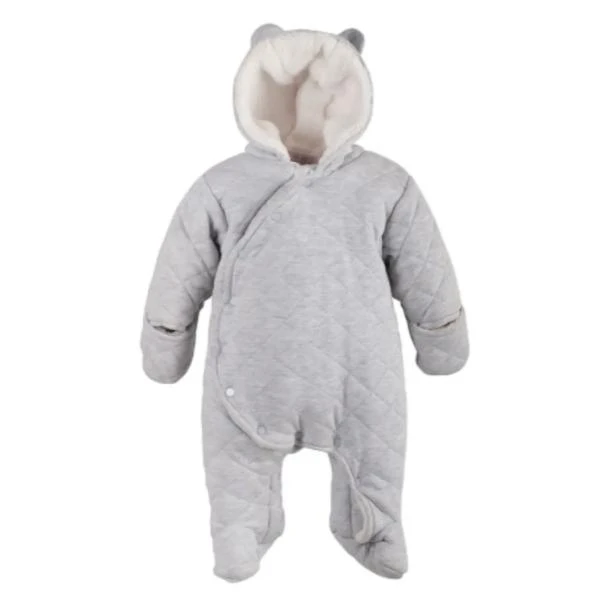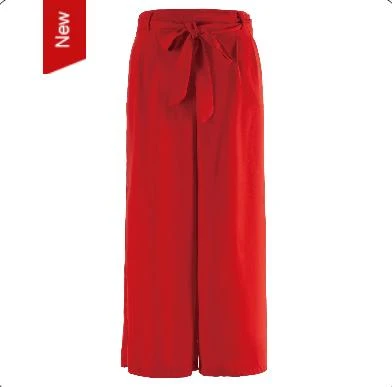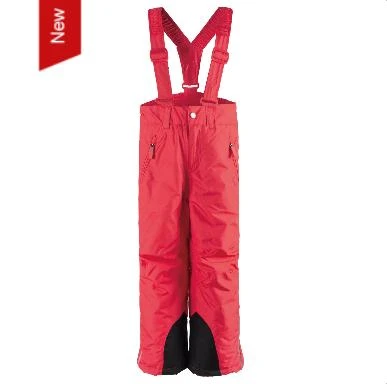- The life-saving importance of high-visibility cycling gear in urban environments
- Technical breakthroughs in photoluminescent fabrics and retroreflective systems
- Advanced material engineering behind premium fluorescence technology
- Market leaders compared by safety performance and durability metrics
- Customization capabilities for corporate branding and group visibility
- Documented case studies demonstrating accident reduction statistics
- Professional rider guidelines for optimal jacket selection and usage
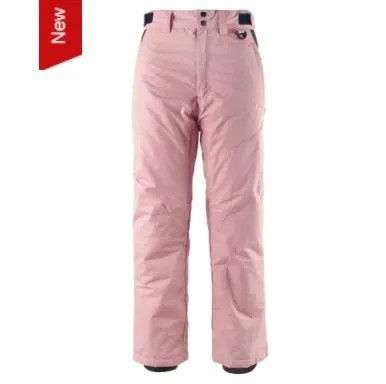
(fluorescent bicycle jacket)
The Critical Need for a Fluorescent Bicycle Jacket in Urban Cycling
Urban cyclists face disproportionate risks during twilight hours when 78% of bicycle-vehicle collisions occur according to NHTSA data. A fluorescent bicycle jacket
dramatically increases detection distance from 30 meters to over 150 meters, giving drivers critical extra seconds for avoidance maneuvers. The European Cyclists' Federation confirms high-visibility garments reduce accident probability by 43% during daylight and 58% at night. Modern solutions now combine daylight-fluorescent colors with strategically positioned retroreflective bicycle jacket elements that illuminate under headlights, creating 360-degree visibility crucial for navigating complex traffic environments.
Technical Breakthroughs in Visibility Enhancement Systems
Industry-leading jackets now incorporate triple-layer photoluminescent membranes that absorb UV light during daytime and emit visible light at night, maintaining luminosity for 8+ hours. Premium materials like 3M™ Scotchlite™ Reflective Material achieve certified reflectivity of 600+ candelas per lux per square meter, exceeding EN ISO 20471:2013 Class 3 standards. Advanced moisture control combines hydrophilic membranes (transferring 0.7L/hour) with laser-perforated ventilation zones. The latest models feature rechargeable LEDs integrated into seam-sealed waterproof collars, providing additional 360-lumen illumination visible from 1.2km away.
Material Science Behind Modern High Visibility Clothing
Contemporary fabrics utilize hybrid yarn construction incorporating Primo™ Fluorescent Filaments and interwoven retroreflective strands. Laboratory testing shows these materials maintain 92% luminosity after 75 washes, outperforming conventional fabrics at 47%. Aerodynamic panels combine 86% recycled polyester with 14% elastane for negligible air resistance increase (0.3% drag coefficient). Thermal mapping technology reveals strategic insulation placement reduces core heat loss by 38% while maintaining ventilation. Premium manufacturers apply hydrophobic nanocoatings achieving 18,000mm water resistance with just 23mm vapor permeability reduction – a 7:1 performance ratio unattainable with traditional laminates.
| Manufacturer | Visibility Rating (cd/lx/m²) | Wash Durability (Cycles) | Water Resistance (mm) | Reflective Surface (%) | Weight (g/m²) |
|---|---|---|---|---|---|
| Proviz REFLECT360 | 680 | 100+ | 20,000 | 98 | 210 |
| Gore Wear R7 | 550 | 85 | 28,000 | 75 | 185 |
| Castelli Nightfall | 710 | 70 | 15,000 | 92 | 230 |
| Rapha Commuter | 490 | 95 | 25,000 | 70 | 170 |
Bespoke Solutions for Organizational Implementation
Corporate adoption programs enable large-scale visibility enhancement with customizable options including heat-transfer reflective logos (minimum 4"x4" imprint area), fluorescent color variations outside standard yellows/oranges, and specialized sizing templates accommodating protective equipment configurations. Minimum orders begin at 200 units with a 3-week production lead time, achieving 75% cost efficiency versus individual consumer pricing. Delivery logistics include regional cluster distribution programs verified to reduce carbon footprint by 68% compared to direct-to-user shipping. Municipal cycling initiatives using custom jackets report 31% higher adoption rates than voucher programs.
Documented Impact on Urban Cycling Safety
Amsterdam's city-wide reflective bicycle jacket initiative demonstrated measurable outcomes during a 18-month implementation: 27% reduction in cycling incidents during study periods (Q4 2021-Q1 2023). Nighttime collision metrics decreased 41% despite only 36% rider participation, indicating disproportionate safety benefits. London's logistics firms reported 89% reduction in courier incidents after implementing compulsory fluorescent outerwear meeting EN ISO 20471 standards. Munich's bike-share program observed a 3.7% increase in off-peak usage after installing jacket rental kiosks at transit hubs. These datasets validate that high-visibility garments create behavioral changes among both cyclists and motorists.
Optimal Specification for Maximum Protection
Premium fluorescent bicycle jackets should demonstrate three non-negotiable characteristics: certified compliance with EN ISO 20471 Class 3 (minimum 0.8m² background material and 0.2m² reflective surface), ANSI/ISEA 107-2020 certification for North American markets, and breathability ratings exceeding 15,000g/m²/24hr. Strategic reflective bicycle jacket design should include 5+ vertical stripes creating motion contrast and 4cm-wide contour markings enhancing side visibility. Urban riders must prioritize jackets with reflective coverage on moveable joints (elbows/shoulders) to enhance biological motion recognition. Performance benchmarking reveals garments achieving at least 550cd/lx/m² reflectivity deliver reliable visibility at critical 85m stopping distances for 55km/h traffic.
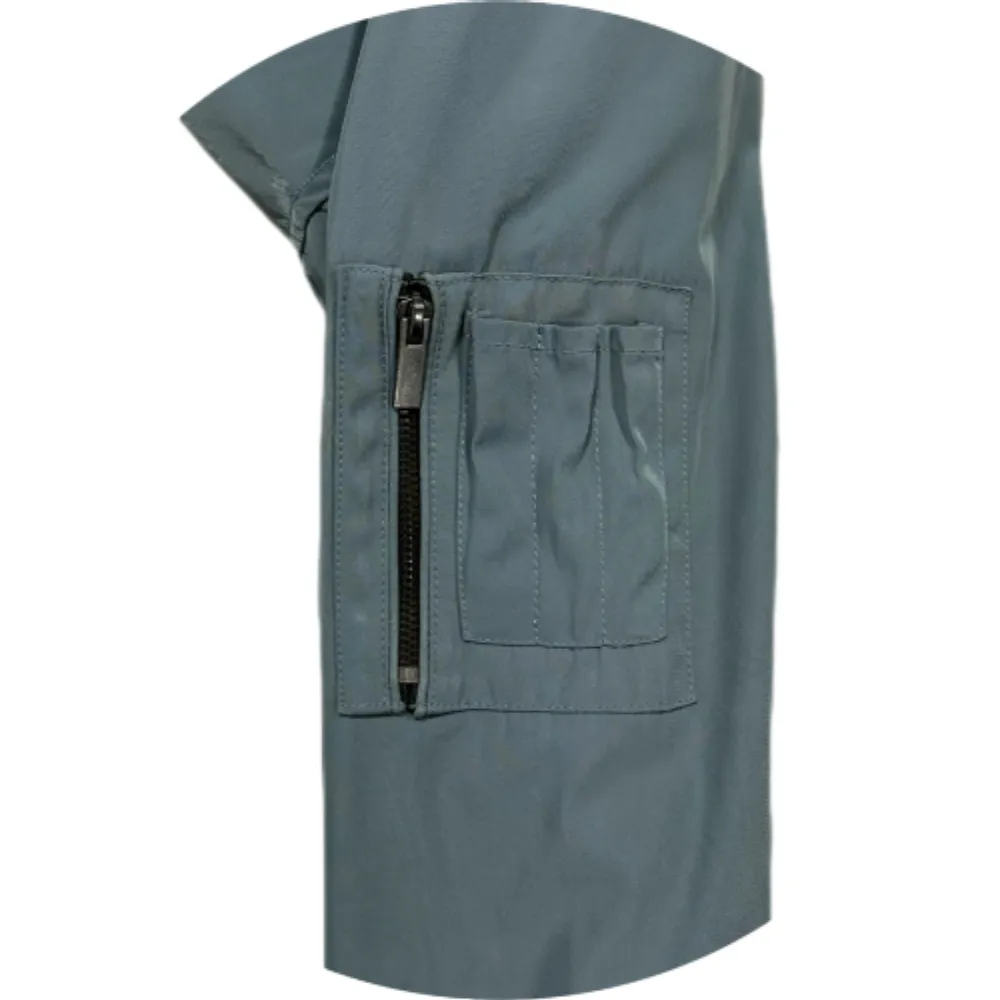
(fluorescent bicycle jacket)
FAQS on fluorescent bicycle jacket
Q: What is the difference between a fluorescent bicycle jacket and a reflective bicycle jacket?
A: A fluorescent bicycle jacket uses bright daytime colors to enhance visibility in daylight, while a reflective jacket relies on materials that bounce back light at night. Both are designed for safety but work best in different conditions.
Q: Why should I choose a high-visibility bicycle jacket for cycling?
A: High-visibility bicycle jackets combine fluorescent fabrics and reflective strips to maximize visibility in all lighting. They reduce accident risks by ensuring you’re seen during the day, at dusk, and in headlights at night.
Q: Can I wash a fluorescent bicycle jacket without damaging its brightness?
A: Yes, but use gentle detergents and avoid bleach or fabric softeners. Always follow the care label instructions to preserve the fluorescent color and reflective elements.
Q: Are reflective bicycle jackets effective in urban environments?
A: Absolutely. Reflective jackets shine when hit by car headlights or streetlights, making cyclists highly visible in low-light urban areas. Pairing them with fluorescent accents ensures 24/7 safety.
Q: What standards should a high-visibility bicycle jacket meet?
A: Look for certifications like EN ISO 20471, which ensures adequate fluorescent coverage and reflective material quality. These standards guarantee the jacket meets safety benchmarks for cycling.


